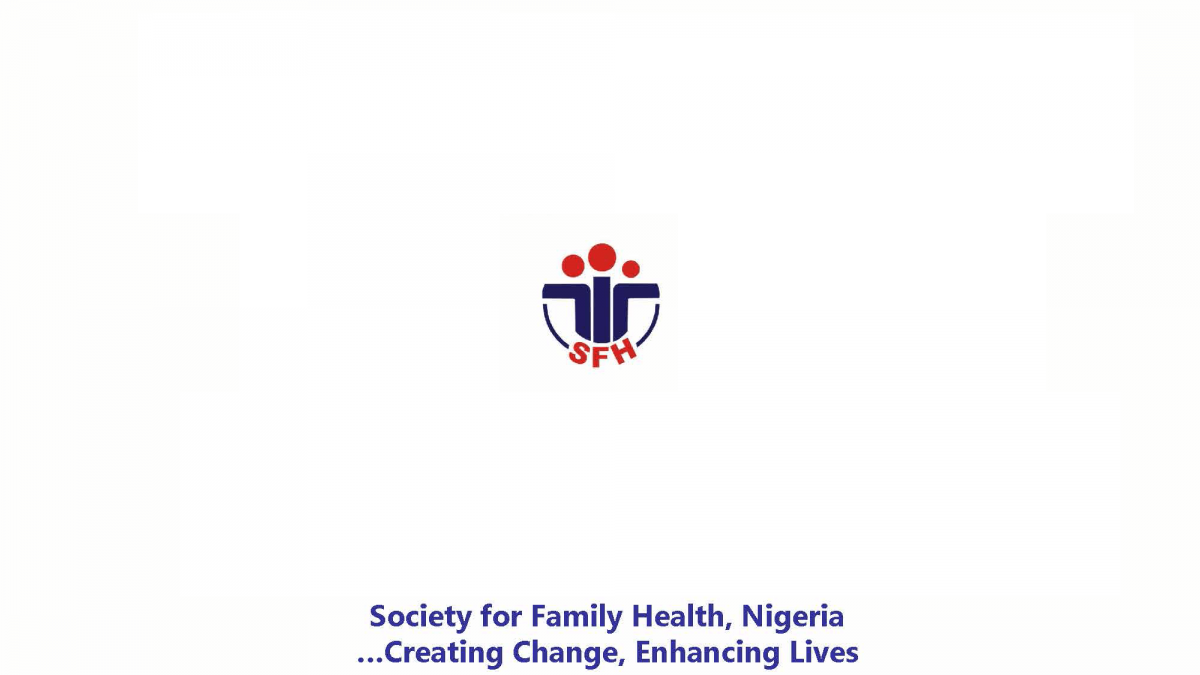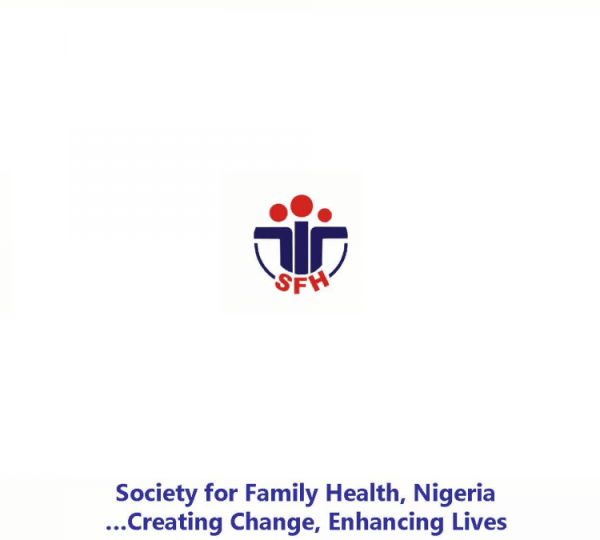2019
The experience of men who participated in interventions to improve demand for and utilization of maternal and child health services in northern Nigeria: a qualitative comparative study. Oguntunde O, Nyenwa J, Yusuf FM, Dauda DS, Salihu A, Sinai I. The experience of men who participated in interventions to improve demand for and utilization of maternal and child health services in northern Nigeria: a qualitative comparative study. Reprod Health. 2019;16(1):104. Published 2019 Jul 15.
ABSTRACT: Men in northern Nigeria are considered the leaders and ultimate decision makers, including decisions about health-related behaviours of their wives and children. Yet many men in the region consider pregnancy and childbirth to be in the woman’s domain (even if she cannot make related decisions), and may not see a need to educate themselves on the issues. These dynamics directly influence demand for, and utilization of, maternal, newborn, and child health services. This study examines an intervention that educated married men in northern Nigeria about health issues related to pregnancy, labour, delivery, and the postpartum period, as well as newborn and child health, through participation in male support groups. The curriculum also included interpersonal relationship and household decision making, with an emphasis on the need for men to give their wives standing approval to seek health services as needed, for themselves and their children.
Methods: We conducted 12 focus group discussions with married men in Kaduna and Katsina states in northern Nigeria – half with men who had participated in the male support groups and half with men from areas that the intervention had not reached. Analysis was thematic, focusing on participants’ perceptions of the male support groups, the benefits of the intervention, and enablers and barriers to support group participation.
Results: Perceptions of the male support groups were overwhelmingly positive. Participants internalized important messages they learned, which influenced their decisions related to the health of their wives and children. Some take it upon themselves to educate others in their communities about what they learned, and many say they see changes at the community level, with more utilization of maternal, newborn, and child health services.
Conclusions: In the northern Nigeria context, educating men about danger signs of pregnancy, labour, delivery, newborn, and child health, is crucial to improving maternal and newborn health outcomes. Our intervention was successful not only in educating men, but also in converting some into advocates such that the effect of the intervention went beyond participants to the community. Programmes that aim to improve health-service utilization in northern Nigeria should consider scaling up this, or similar, interventions.
Factors associated with knowledge of obstetric danger signs and perceptions of the need for obstetric care among married men in northern Nigeria: a cross-sectional survey. Oguntunde O, Nyenwa J, Yusuf FM, Dauda DS, Salihu A, Sinai I. Factors associated with knowledge of obstetric danger signs and perceptions of the need for obstetric care among married men in northern Nigeria: a cross-sectional survey. BMC Pregnancy Childbirth. 2019;19(1):123. Published 2019 Apr 11.
ABSTRACT: Male involvement in maternal, newborn and child health contributes to better health outcomes for women and their children, especially in restrictive societies. There is evidence that when men have better understanding of women’s health needs, attitudes toward utilization of maternal and child health services, of both women and men, are improved. Given the role of men as the ultimate decision makers in families in northern Nigerian society, this study assessed the determinants of men’s knowledge of danger signs in pregnancy and the continuum of obstetric care, and their perceptions of the importance of antenatal care utilization and health facility delivery.
Methods: This was a cross-sectional descriptive study. Structured questionnaires with close ended questions were administered to 1627 married men who had at least one wife younger than 25 years in communities in Nigeria northern states of Kaduna and Katsina. We use crosstabulations and means to compare characteristics of study respondents in the two states, assessing statistical significance of the differences with ?2-square and Anova tests as appropriate, and logistic regressions to assess the determinants of knowledge and perceptions.
Results: Knowledge of obstetric danger signs, especially during the postpartum period, was poor overall, but respondents were relatively more knowledgeable about danger signs during pregnancy and delivery compared with the postpartum period. Most perceived that antenatal care can reduce the risk of complications. Literate men were twice more likely to have positive health-behaviour perceptions. Wealth was positively associated with the perception that women should deliver in a health facility or hospital but did not have a statistically significant effect on the perception that antenatal care can reduce the risk of complications.
Conclusions: While knowledge of obstetric danger signs was poor, literacy and household wealth significantly influenced knowledge of obstetric danger signs and perceptions that women should deliver at a health facility. Male involvement programmes need to ensure that men are empowered to understand obstetric danger signs along the continuum of obstetric care to improve perception and utilization of maternal health services for better maternal and newborn health outcomes.


